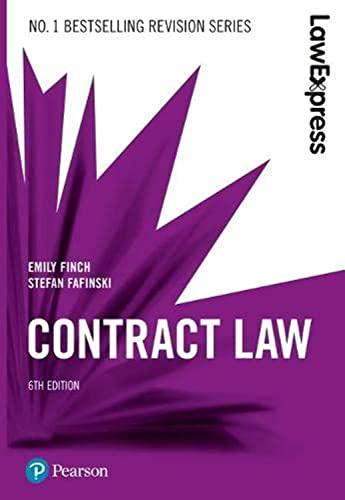CASE SYNOPSIS- Case 1.2: Bad Frog Brewery, Inc. v. New York State Liquor Authority Bad Frog Brewery, Inc., sells alcoholic beverages with labels that display a frog making a gesture known as "giving the finger." Bad Frog's distributor, Renaissance Beer Co., applied to the New York State Liquor Authority (NYSLA) for label approval, required before the beer could be sold in New York. The NYSLA denied the application, in part because children might see the labels in grocery and convenience stores. Bad Frog filed a suit in a federal district court against the NYSLA, asking for, among other things, an injunction against this denial. The court granted a summary judgment in favor of the NYSLA. Bad Frog appealed. The U.S. Court of Appeals for the Second Circuit reversed. The NYSLA's ban on the use of the labels lacked a "reasonable fit" with the state's interest in shielding minors from vulgarity, and the NYSLA did not adequately consider alternatives to the ban. "In view of the wide currency of vulgar displays throughout contemporary society, including comic books targeted directly at children, barring such displays from labels for alcoholic beverages cannot realistically be expected to reduce children's exposure to such displays to any significant degree." Also, there were "numerous less intrusive alternatives." Notes and Questions The free flow of commercial information is essential to a free enterprise system. Individually and as a society, we have an interest in receiving information on the availability, nature, and prices of products and services. Only since 1976, however, have the courts held that communication of this information ("commercial speech") is protected by the First Amendment. Because some methods of commercial speech can be misleading, this protection has been limited, particularly in cases involving in-person solicitation. For example, the United States Supreme Court has upheld state bans on personal solicitation of clients by attorneys. Currently, the Supreme Court allows each state to determine whether or not in-person solicitation as a method of commercial speech is misleading and to restrict it appropriately. Whose interests are advanced by banning certain ads? The government's interests are advanced when certain ads are banned. For example, in the Bad Frog case, the court acknowledged, by advising the state to restrict the locations where certain ads could be displayed, that banning of "vulgar and profane" advertising from children's sight arguably advanced the state's interest in protecting children from those ads. CASE 1.2-WHAT IF THE FACTS WERE DIFFERENT? A) If Bad Frog had sought to use the label to market toys instead of beer, would the court's ruling likely have been the same? B) What about if it was Bag Frog Breakfast Cereal? What types of things might the court want to know about the cereal? C) What differences do you think exist between commercial free speech and an individual's free speech rights? Explain your answers







